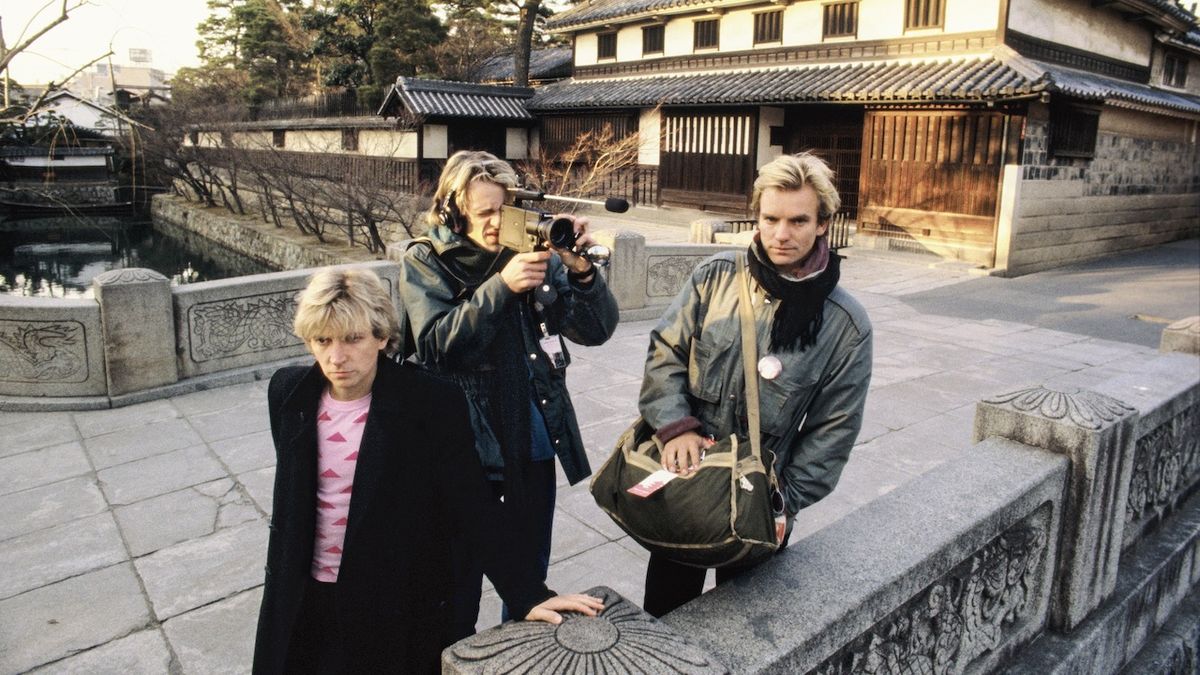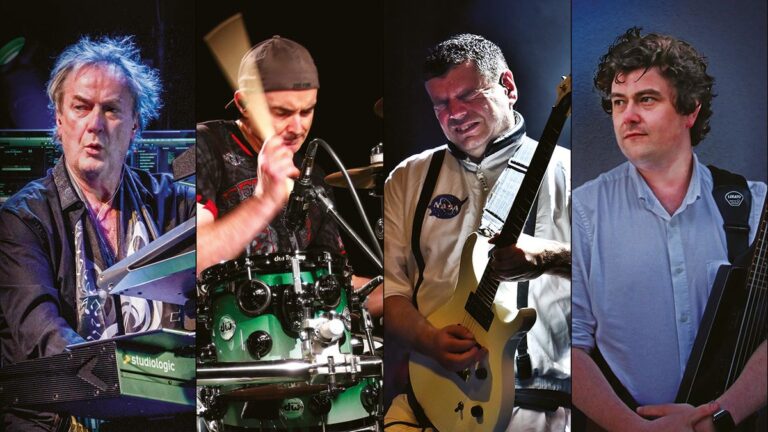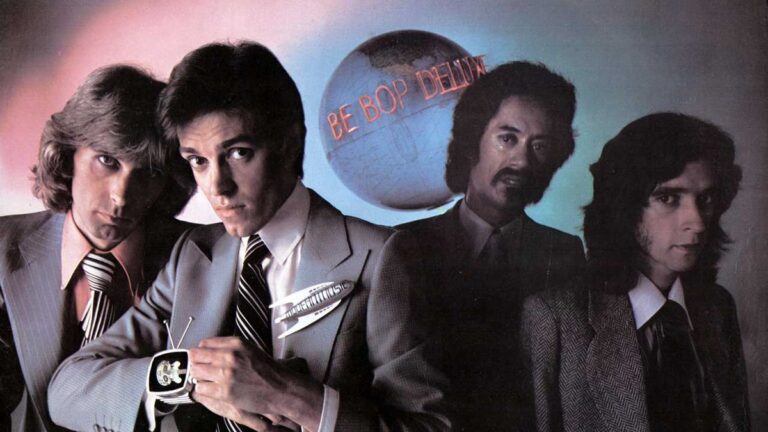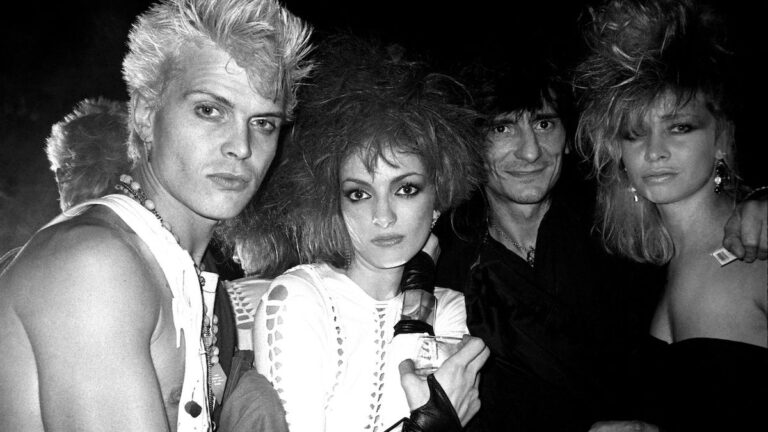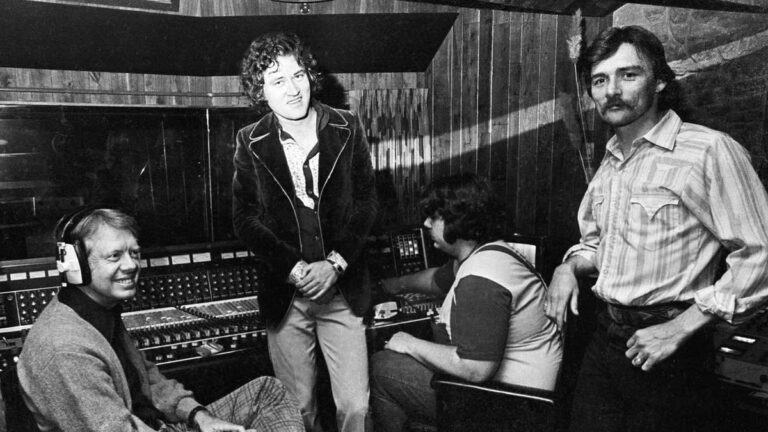Revealed: Sting’s Shocking Past Behavior and Cocaine Discovery – A Cautionary Tale of Rockstar Excess
The Police were a band at the height of their success in December 1980. Their second album, Zenyatta Mondatta, had just hit number one in the UK, and their single, Don’t Stand So Close To Me, was a massive hit. Headlining Madison Square Garden in New York and ruling the Australian charts, The Police seemed unstoppable. However, behind the scenes, tensions were brewing that threatened to tear the band apart.
Guitarist Andy Summers didn’t mince words when he said he was working with “two total arseholes.” Even Sting, the band’s frontman, was vocal about his detachment from the group, stating that he was only in it for as long as it benefited his career. As the success of The Police grew, so did the rift between the members.
During the recording of their next album at AIR Studios in Montserrat, tensions reached a boiling point. Producer Hugh Padgham’s decision to have Sting, Andy, and Stewart record in separate rooms at AIR visually symbolized the division within the band. Sting’s newfound cocaine habit didn’t help matters, adding fuel to the fire of an already volatile situation.
Sting’s ego also played a significant role in the band’s discord. He vetoed the idea of Andy’s Omegaman being the album’s first single, insisting on his own compositions instead. Despite the success of singles like Every Little Thing She Does Is Magic, Sting’s uncompromising nature only served to deepen the fractures within the group.
As The Police moved towards their masterpiece, Synchronicity, in 1983, the end was imminent. Despite their undeniable talent and success, the personal conflicts and egos within the band proved to be their undoing. The Police’s legacy remains, but the lessons learned from their turbulent journey serve as a cautionary tale for aspiring musicians.

